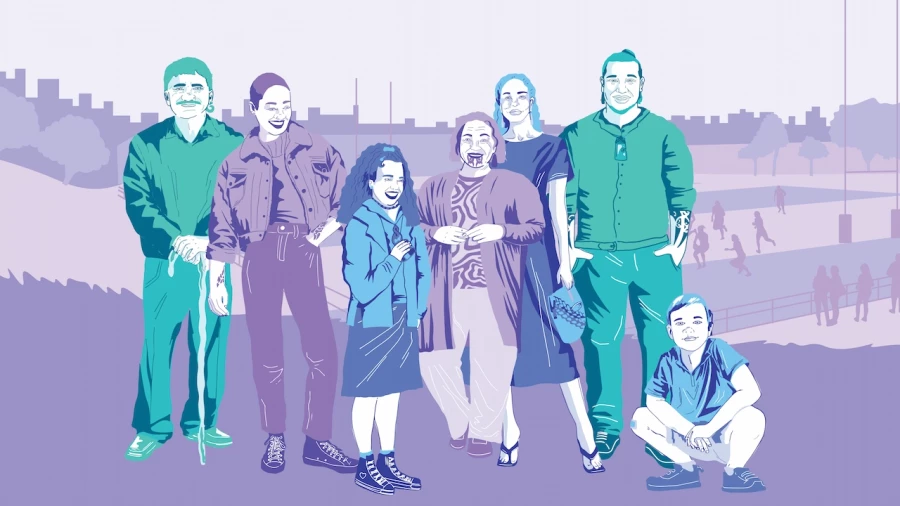
Taking action

You may notice that alcohol is causing problems in your whānau, at a club you belong to, in your neighbourhood, or in the area you live in.
Advocacy involves talking about your ideas and concerns to people who make decisions. This can be within your community, or at a wider, national level. There are many ways that a person can take a stand on something that’s important to them and their whānau.
The front doors to the prison become a revolving door [...] I’ve had old people say to me that this is your destiny. You carry the fights of your tūpuna, your ancestors on your shoulders [...] I’m there to make a difference for my people. It’s got to stop.End Quote
Getting started
There are many reasons why people advocate on behalf of their communities. Some things you can think about are:
- Is there a liquor store opening in your neighbourhood that you think should not be there?
- Are you worried about the way people are drinking in your community, city, marae, school, or workplace?
- Are you concerned about the way your whānau, close friends or the rangatahi in your life are drinking?
- Do you have ideas for how an event can be alcohol-free?
Before starting something, it’s a good idea to:
- talk to your whānau or friends about your concerns with alcohol harm and your ideas for wanting to get engaged.
- consider your comfort level when it comes to engaging with others. Are you happy with speaking in public, or prefer to be behind the scenes?
- think about how much time you can put into this, or if you have whānau and friends supporting you through it.
- make sure that you and your whānau are safe from potential disruptions, especially if you take on anything that may generate media attention.
Things you can do
You can have your say and influence government laws and policies related to alcohol that are passed in New Zealand by writing a submission or doing an oral presentation. Find out more on the Parliament website.
If you have concerns about the use of alcohol on your marae, you can discuss them and any ideas you may have for resolving these with your marae representatives. Your local marae may also already be doing mahi in this space through local events, programmes and other initiatives.
Your collective voice will be stronger than acting alone. There are national and community groups around us that tackle the range of issues related to alcohol harm. Some of them include:
- ŌGAAG - Ōtara Gambling and Alcohol Action Group
- Communities Against Alcohol Harm
- CAYAD
- Māori Wardens
- Alcohol Healthwatch
- ActionPoint
- Good One Party Register
- The Plan
- Kookiri Ki Taamakimakaurau Trust
- No Safe Limit
You can also search online to find a local alcohol action group in your region or community.
Your local MP’s job is to represent you and to understand what issues matter to your community. You can get in touch with them by writing or by arranging a meeting at their office.
Local councils make decisions on local alcohol policies, licence applications, liquor bans, alcohol signage and alcohol at public events. You can meet with your Mayor or any councillors that may already share your concerns about alcohol misuse in your community. Find your local MP.
There are opportunities for communities and individuals to object to alcohol licences when establishments want to sell or supply alcohol. Learn how to object to a liquor licence in your community.
Use platforms that you’re already familiar with to raise awareness about alcohol harm. You can share your thoughts in some community groups on social media. You can also see if your local newspaper would be interested in you submitting a story or opinion piece.
If you are concerned about teenage drinking, connect with your school’s PTA to see what actions you can take as a parent or guardian to support your rangatahi and school to address alcohol harm.
Identify people in your community who are concerned about the same issue. You might find them through a Facebook group or other forums. Discuss what you could potentially do together to address the concern.
You can also check out our resources pages on detailed actions you can take.
Thank you for your feedback.
You can also find a support service if you need to talk to someone.